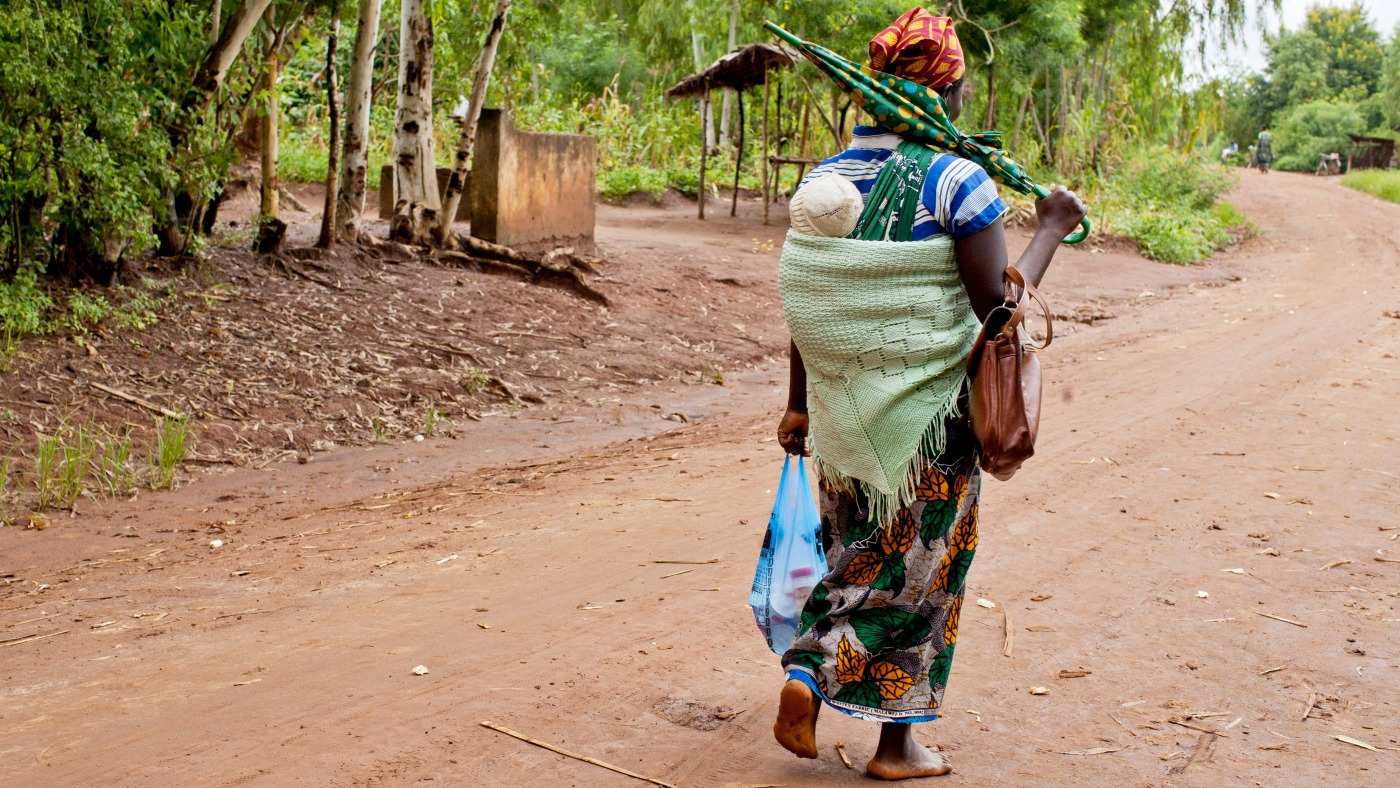
"Babies may soon join soldiers in the fight to ward off malaria. For years, the U.S. military has treated uniforms with insecticide to repel mosquitoes and the malaria they can transmit. Ross Boyce used to wear one before becoming an infectious disease physician and malaria researcher at the University of North Carolina at Chapel Hill. He wondered if babies could get similar protection not from a uniform but by treating the baby wraps that many moms in sub-Saharan Africa use to carry their little ones."
"So Boyce and his colleagues tested this idea in a large randomized controlled trial. In a rural part of western Uganda, 200 mothers with kids between 6 and 18 months got a permethrin-soaked baby wrap, while 200 others got a wrap just soaked in water. All participants got a brand-new treated bed net too. Over the course of 6 months, the young participants visited clinics every two weeks to be checked for malaria symptoms and tested."
""That was probably overkill," says Boyce. "But we really wanted to know, if we have enough permethrin in there, does it work?" The answer: a resounding yes. "It was a level of effect that was beyond even our wildest expectations," says Boyce. Over 6 months, 34 kids in the permethrin-wrap group tested positive for malaria, compared with 94 in the water-soaked wrap group, a reduction of about 65%."
The U.S. military has long treated uniforms with insecticide to repel mosquitoes and malaria. An infectious-disease physician and malaria researcher proposed treating baby wraps used by many mothers in sub-Saharan Africa to protect infants. A randomized controlled trial in rural western Uganda provided 200 mothers permethrin-soaked wraps and 200 mothers water-soaked wraps; all families received new treated bed nets. Infants visited clinics every two weeks for six months, with wraps re-soaked every four weeks and side effects monitored. Thirty-four children in the permethrin group tested positive for malaria versus 94 in the control group, a roughly 65% reduction, suggesting treated wraps offer substantial additional protection outside sleeping hours.
Read at www.npr.org
Unable to calculate read time
Collection
[
|
...
]